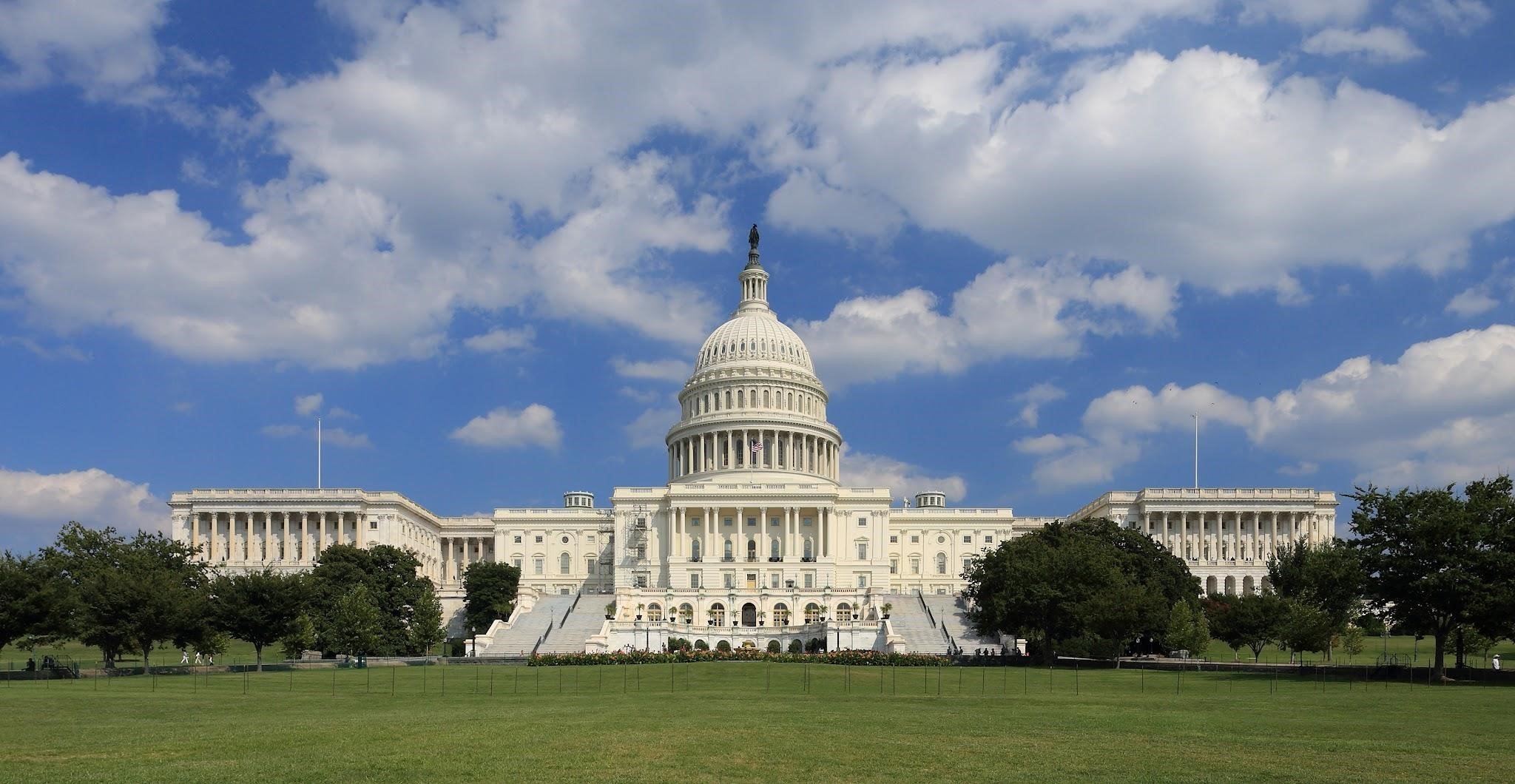Washington Programs Consortium

Purpose and Goals
The Washington Program Consortium provides a forum for practitioners in Washington, D.C. to discuss programming, trends, and best practices in experiential education. Composed mostly of representatives from colleges and universities, nonprofit organizations, and educational professionals involved in experiential education, the group works to foster: 1) professional development, 2) cross-program communication, 3) networking, and 4) collaboration in order to enhance and enrich the experiences of their students in D.C. The organization also serves as a resource for other institutions that are planning programs and programming in the nation’s capital.
Organization
The organization is led by a Steering Committee that meets regularly to plan programming, find host venues, and to provide continuity and integrity to the ongoing work of the organization. Membership in the WPC is currently open to any organization, institution or profession whose work relates to higher education. We currently meet about once a month with additional workshops and special activities scheduled as available. There is also an auxiliary Student Life Committee that is composed of student life professionals in area programs. The committee works to enhance communication, cooperation and collaboration related to student affairs and activities.
Origins
The Washington Program Consortium was founded in the aftermath of the 9/11 attacks, when it was clear that there was a need for greater interaction and cooperation among experiential learning programs in D.C. Safety and security issues were thrust into the forefront as an essential component of internship programs, and the benefit from communication about best practices in experiential education was clearly evident. This was also a time when the practice of internships was beginning to explode on campuses nationwide, and the National Society for Experiential Education (www.nsee.org) and the Council for the Advancement of Standards in Higher Education (www.cas.edu) were developing program standards and standards of best practice. Consequently, the increased professionalism in the field led to greater contact and collaboration with internship programs in D.C. with similar missions.
